New campaign will see thousands set to abandon creature comforts and go wild outdoors
Thousands who have signed up the Wildlife Trusts '30 Days Wild' challenge have pledged to do something wild every day for a month
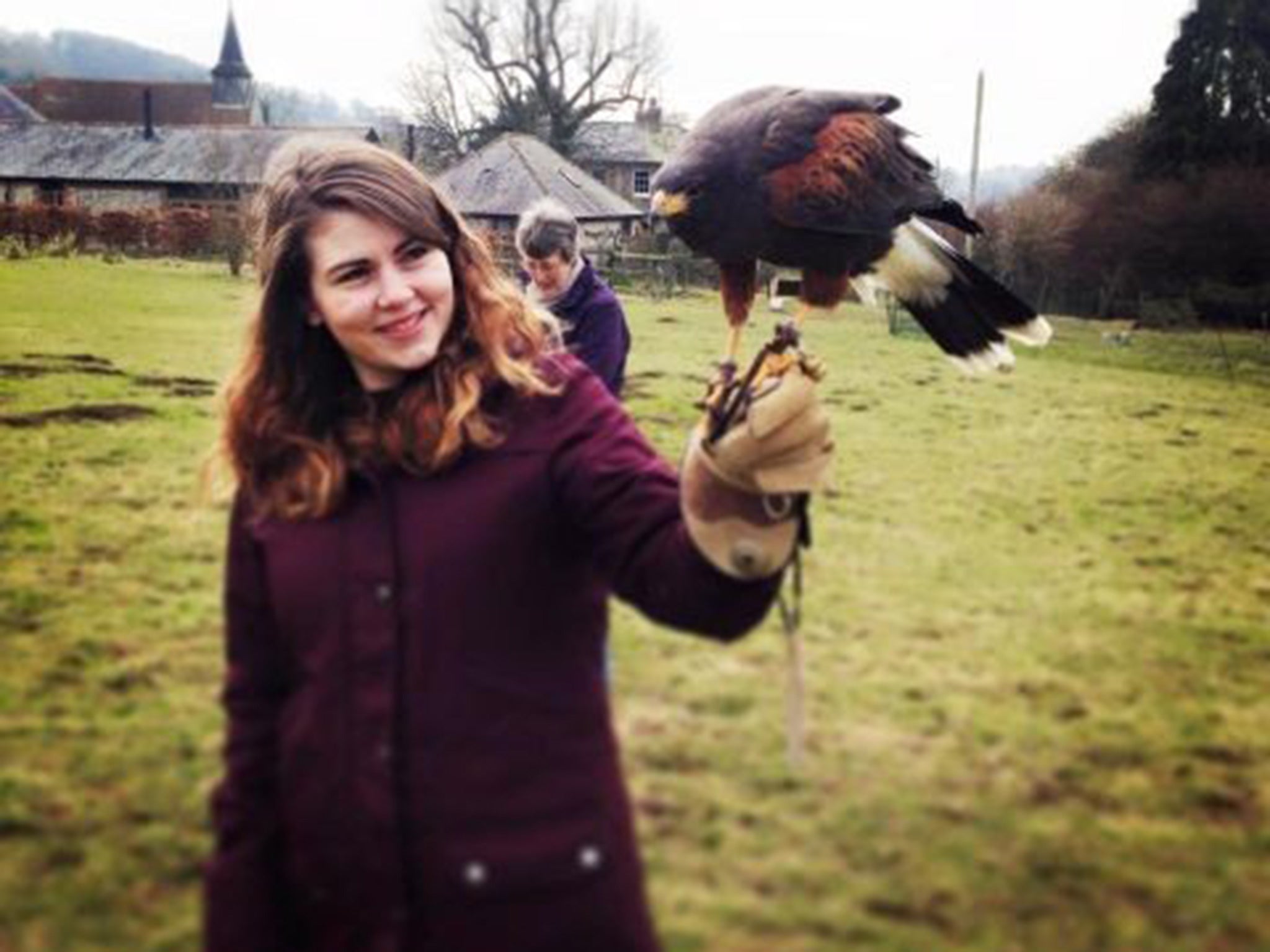
Climate change is important but we need to concentrate too on our immediate environment, the Prime Minister’s former strategy adviser Steve Hilton told an audience at Hay Festival last week. “We need a fundamental rethink [of] humanity’s relationship with the natural world that we inhabit,” he said. He argued for “moving the pendulum back towards the system of our ancestors, in which we benefit from nature while simultaneously giving back to and co-existing with it”.
And in June, the Wildlife Trusts is arranging to help us do just that. From 1 June, thousands who have signed up to the umbrella group’s “30 Days Wild” challenge have pledged to do something wild every day for a month.
“We are all a part of nature. It’s a wonderful thing to enjoy and it’s all around us,” said Lucy McRobert of the Wildlife Trusts, which is hoping Britons will commit a “random act of wildness” every day.
“With only one child in 10 ever playing in wild spaces, children don’t understand the value of nature and parents don’t understand the value of getting children into nature,” she said. “There is a culture at the moment that says wildlife is something disconnected from us. We tell children: ‘You’re not allowed to get dirty, don’t pick that flower, don’t walk on the grass’.”
But the campaign is no soft-headed call to tree-hugging for its own sake: science is on its side. Dr William Bird, a Reading GP and CEO of Intelligent Health, pointed out the benefits people reap by getting back to nature.
“Our brains haven’t changed that much in 100,000 years,” he said. “We’re designed to be outdoors finding water, food and so on. It’s only recently that we’ve become sedentary, and our bodies haven’t caught up. When you become separated from nature, the body gets stressed and you stop performing.”
Dr Bird said our brains change in natural environments, our blood pressure dropping within three minutes of entering a park, for example. He cites researchers who studied people recovering from surgery and found that when patients’ windows looked out onto trees they needed less pain relief and went home earlier than patients looking out onto a wall.
One Chicago-based study looked at people allocated flats in tower blocks, some with trees and grass outside and some without. People in the buildings near green space socialised more and there were fewer incidents of domestic violence reported.
“There is increasing evidence that health and nature should be combined at NHS level now,” said Dr Bird. “To reduce diabetes and obesity, we would plant trees and create leafy suburbs.”
According to Ms McRobert, we don’t have to go the whole hog. “One of our random acts of wildness is to have a meeting outside: walking side by side, psychologically it’s easier to discuss difficult issues,” she said.
Even city-dwellers have no excuse, she adds, when “93 per cent of people in England live within six miles of one of our reserves. They are just waiting to be explored.”
Case studies: The wild ones taking part
Leo Pswarayi, 40, lives with his wife, Sarah, and their children, Ziru and Munashe, in Longbridge, Birmingham
“I chose to get stuck into 30 Days Wild because I like a challenge. I like nature and it’s good for us to support those who are fighting to keep our wild places alive for future generations. I am planning to spend my 10th wedding anniversary with my wife in a tree house in the Cotswolds. It will be the first time we’ve been away without the children – it will also mean no electricity and no internet. For me, that will be the mother of all challenges.”
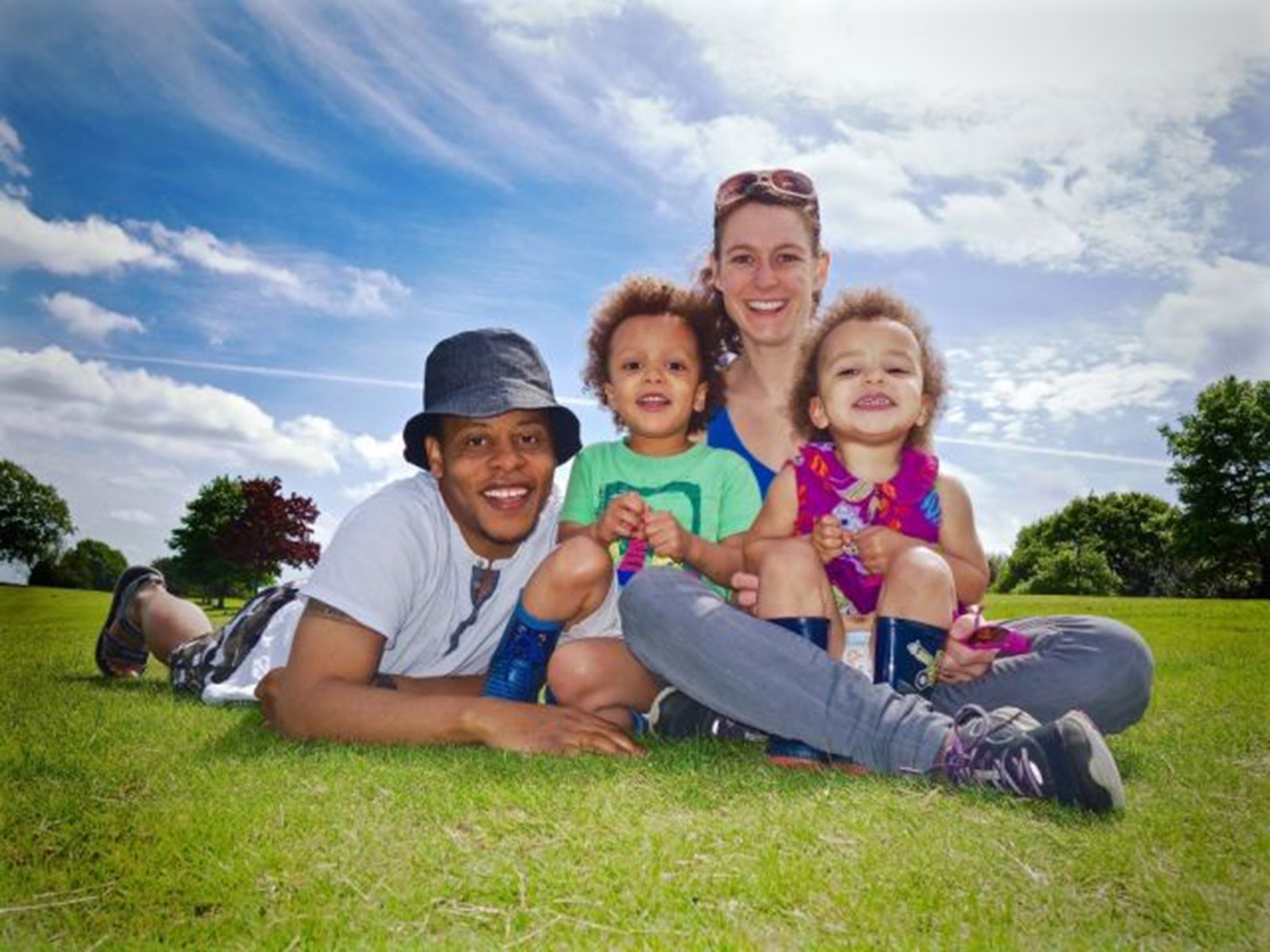
Ian Doyle, 41, lives in Liverpool
“I set up a wildlife pond in my garden a few years ago and I recently put a ‘bug hotel’ out there. It’s a box with lots of layers. At the bottom are rocks for newts and frogs to hide in. The next layer has bits of wood with holes in to attract flies, bees and ladybirds. This month a local group are going vole-watching along the river. I’ll also be looking for lizards among the sand dunes at Formby Nature Reserve.”
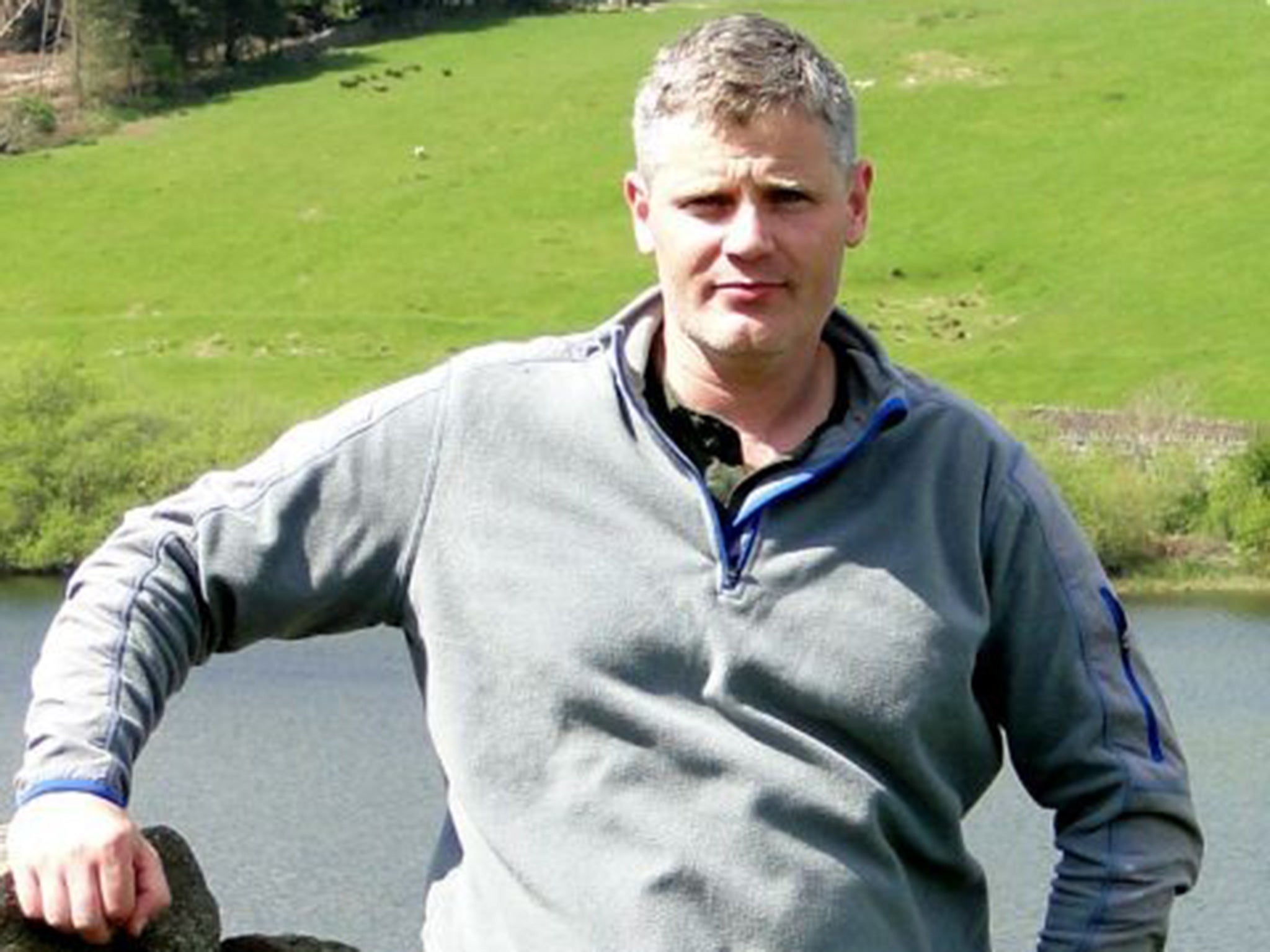
Reeve Massey, 23, lives in Port Isaac, north Cornwall
“I moved here from London a few weeks ago. I’m doing 30 Days Wild because I don’t want to lose sight of why I moved – to get inspiration from nature here. I’ll be making wild fennel soap and my own wild garlic pesto.”
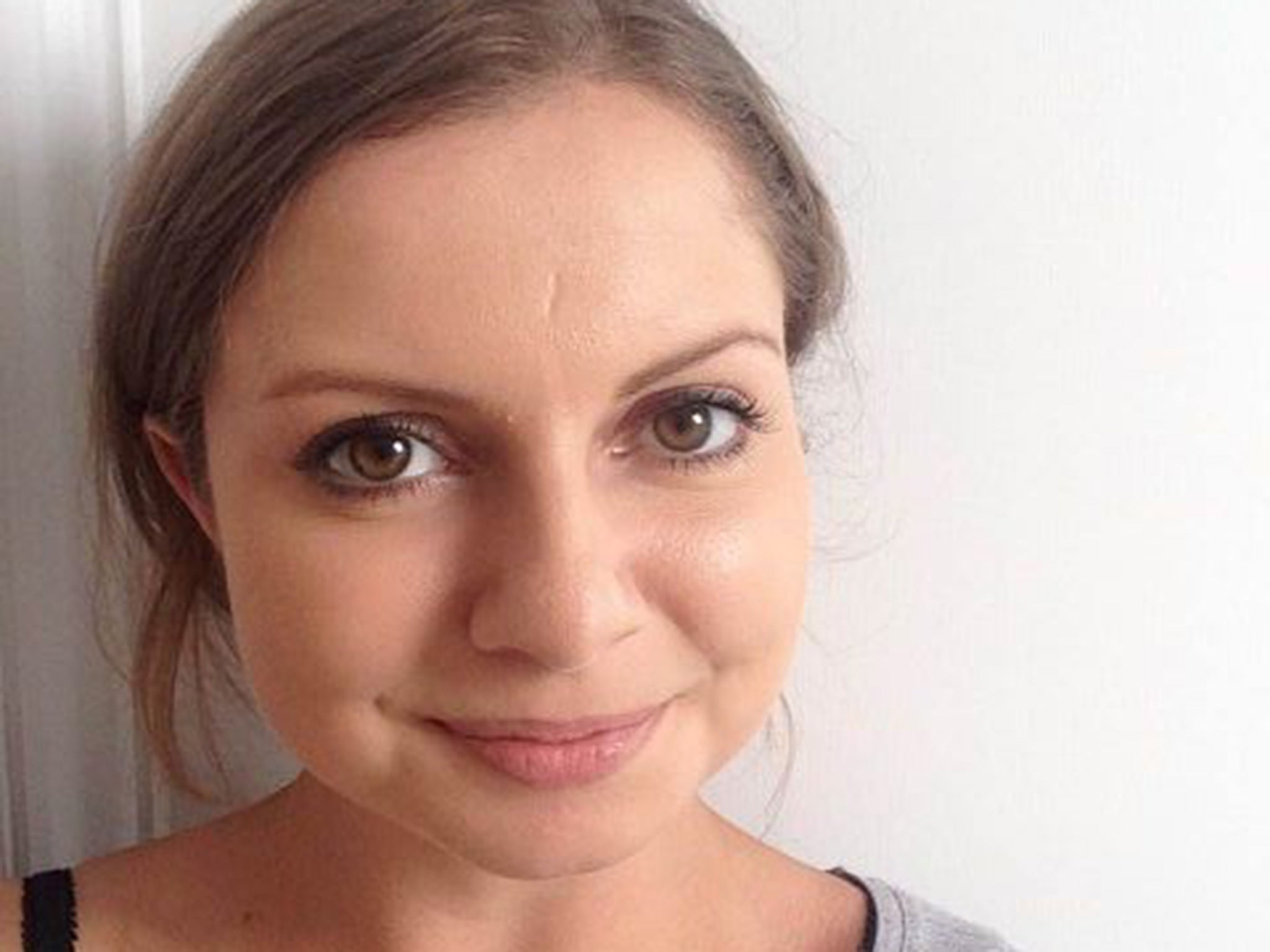
Grace Gavigan, nine, lives in Pembrokeshire, south-west Wales, with her parents and younger brother, James
“I love to learn about wildlife but lots of species are in danger of becoming extinct. I really like squirrels. We have lots of birds in our garden, especially magpies and robins. I’m building a bird box and using sticks and leaves to make a bird shelter. My brother is six – he’s normally on his iPad or Xbox. I’m encouraging him to get involved, too.”
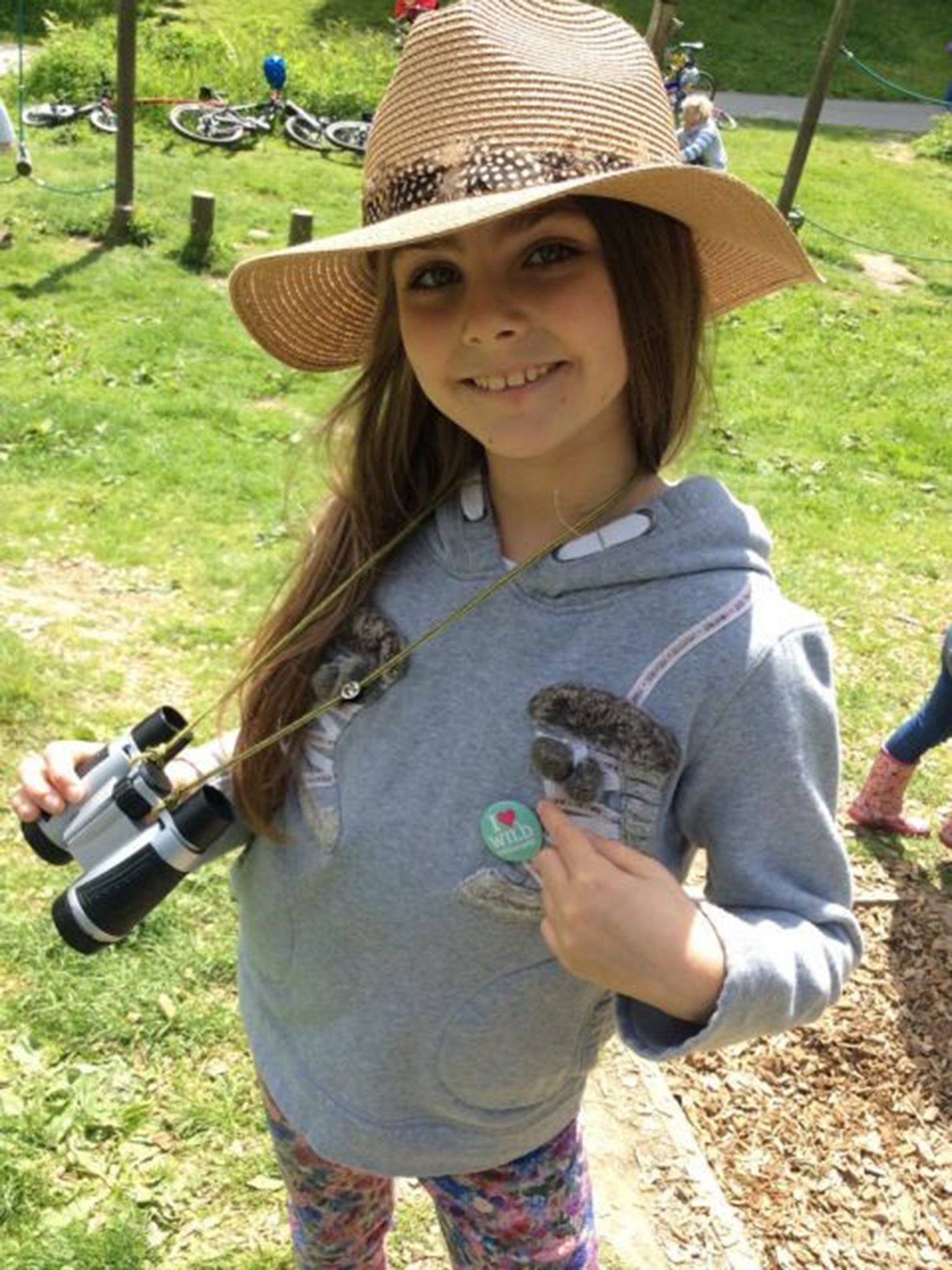
Tiffany Francis, 23, lives in Petersfield, Hampshire
“I work on a farm so can cheat a bit as I’m already surrounded by greenery. I’m trying to do stuff off the farm as well, though. I’m planting a lot of flowers and, as I’m going on a beekeeping course, I’m going to start learning about bees from a local beekeeper. I’m also a wildlife artist – over the next month I will be drawing a lot of the wildlife I see, especially the rarer creatures.”
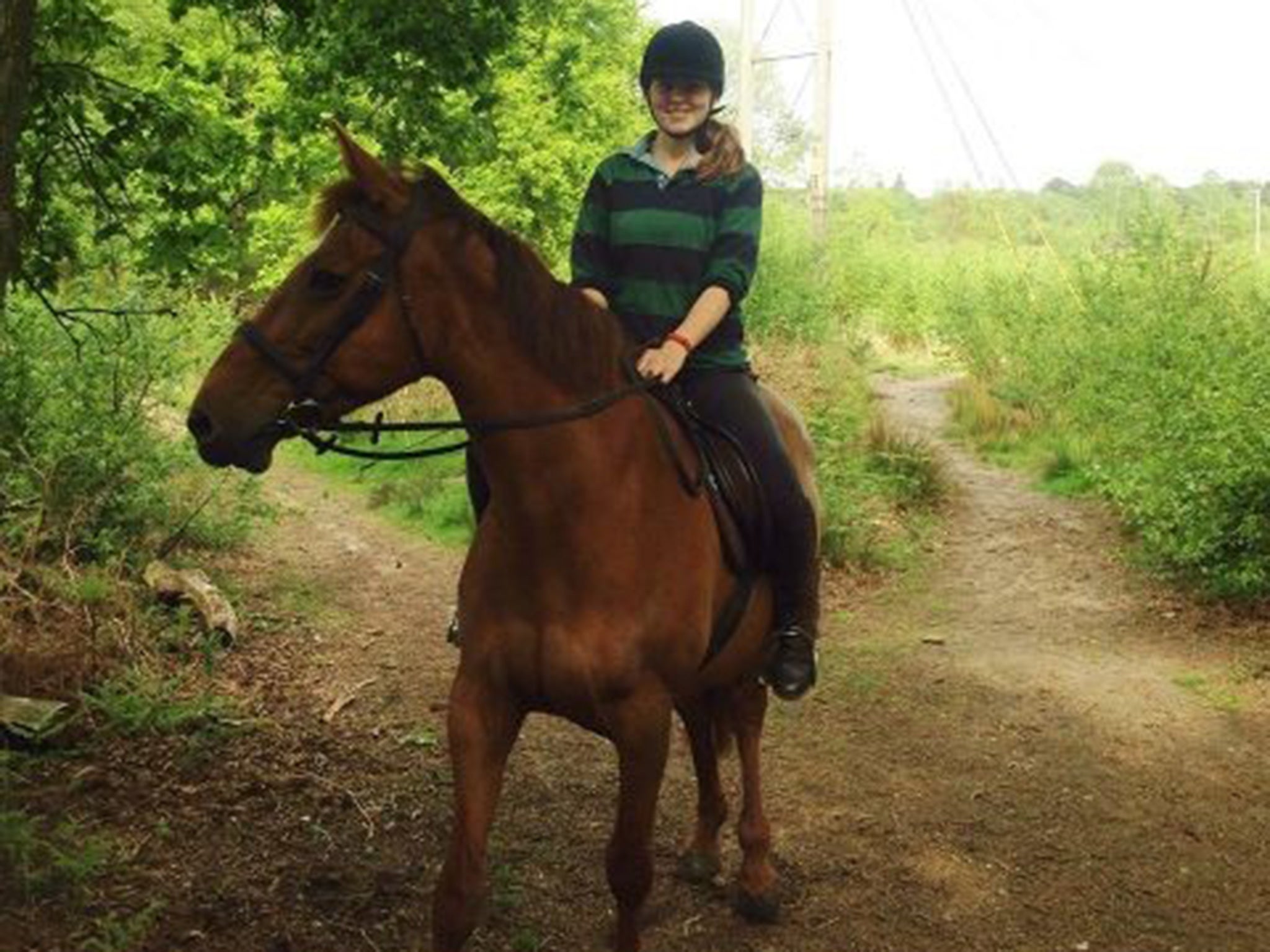
Join our commenting forum
Join thought-provoking conversations, follow other Independent readers and see their replies
Comments
Bookmark popover
Removed from bookmarks